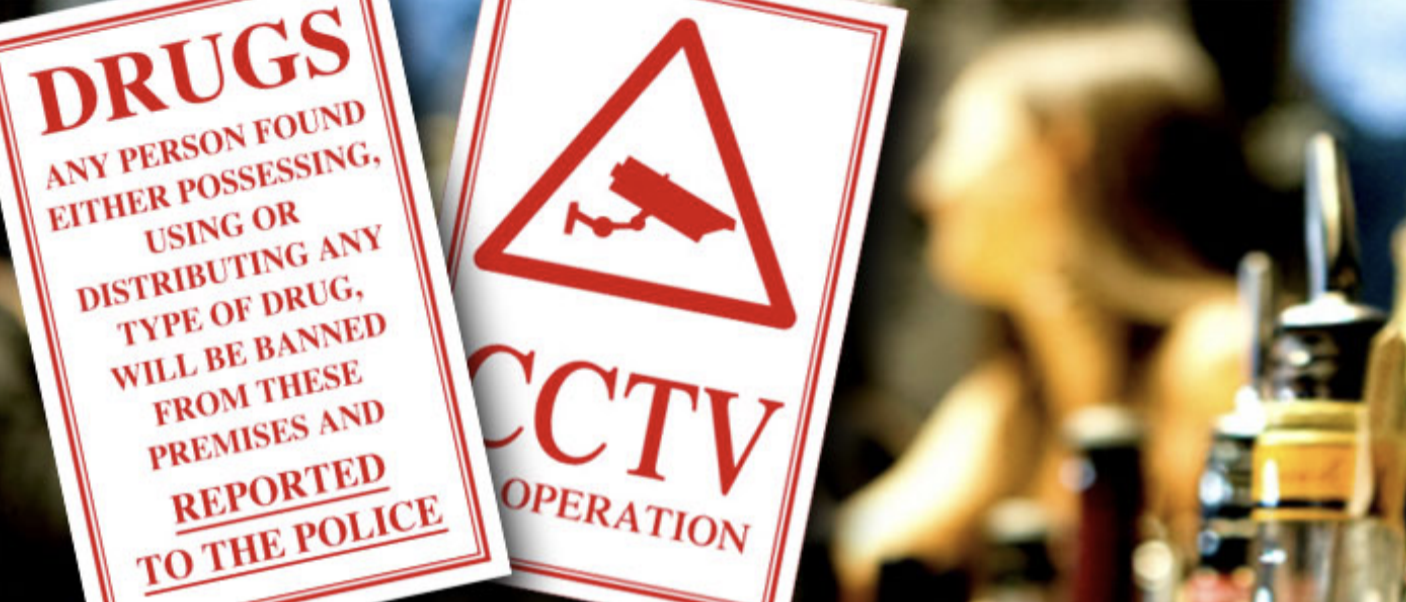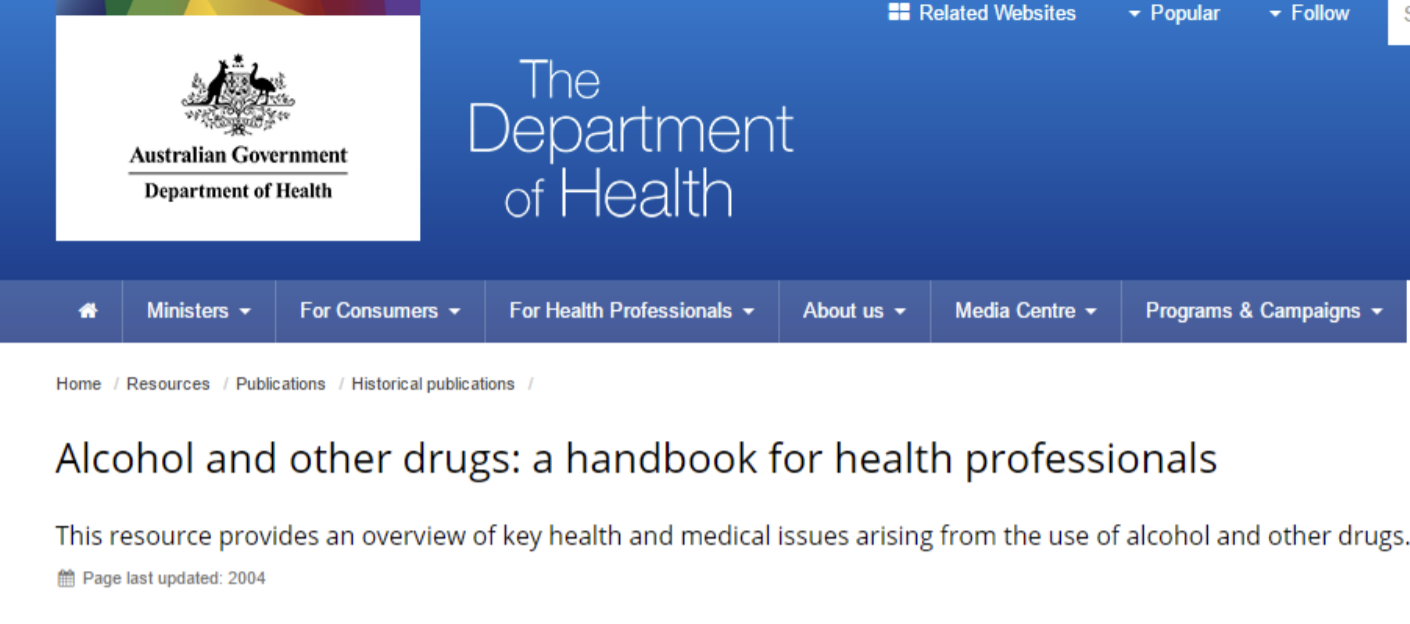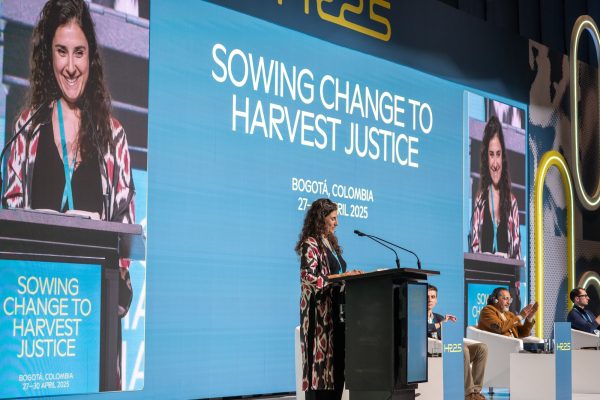3rd December 2018
A few years ago Transform suggested to a senior civil servant dealing with drugs legislation at the Home Office that they should stop using the phrase ‘drugs and alcohol’, and replace it with ‘alcohol and other drugs’. He looked aghast, and said he wouldn't even suggest such a thing to the Minister after the drubbing the alcohol industry Portman Group gave them over Minimum Unit Pricing.
But there are lots of good reasons to do so, both in terms of policy coherence, and public awareness/education that alcohol is a drug, should be treated with due caution, and regulated accordingly. Which of course is why the alcohol industry opposes it.
Mind your language
Language is hugely important. The way we describe things shapes how we think, both consciously and subconsciously, and alters how we behave - as advertisers and politicians know. And sometimes misusing language can not only mislead us, it causes serious harm.
Alcohol is a drug
Alcohol is a powerful, toxic drug. Its misuse causes vast harm in the UK, being linked to 50% of police time, almost 9000 deaths and over 1 million A&E visits per year ; around 30% of child abuse; and around 1 million violent incidents including 35+% of domestic violence.
So, given that alcohol is a drug, the phrase ‘drugs and alcohol’ is the equivalent of ‘fruit and apples’, ‘dairy and cheese’ or ‘metals and tin’. It is nonsensical - and yet few people or organisations use ‘alcohol and other drugs’ even though this is clearly correct.
Why does this nonsensical phrase matter, and persist? Because building a linguistic chasm between ‘drugs’ on the one hand and alcohol on the other, is crucial to maintaining an otherwise unstable contradiction, not just in policies for different psychoactive substances, but in public perception about the hazards involved in drinking alcohol. And this has real implications for support for alcohol regulation, and delivering a health-based approach to other drugs.
‘Drugs’ are a ‘menace’ and a ‘scourge’. Producers, suppliers and users of ‘drugs’ are criminalised, demonised, and labeled with stigmatising language - junkies, crack heads, zombies. This drives those in need away from help, and means an enforcement-led approach, rather than a health based one, can be justified - with terrible consequences for public health, including record illegal drug-related deaths.

Meanwhile, alcohol is acceptable, it has been turned into a commercialised commodity, for sale to consumers, and its use is promoted and encouraged. Those involved in the alcohol industry are celebrated for providing tax revenue, and jobs. And alcohol users are simply drinkers enjoying a pint, or even connoisseurs.
In whose interest?
Whose interests does the phrase ‘drugs and alcohol’, and the policies it helps underpin, serve?
The alcohol industry
Preventing a switch to ‘alcohol and other drugs’ helps ensures their drug is not associated with other drugs like cannabis, heroin and crack, which would harm the image of alcohol. And potentially lead to the public treating it with more caution, while undercutting opposition to stricter regulation (for example proper health warnings). Ultimately this could lead to reduced sales and profitability.
“[We object to] the phrase ‘drinking alcohol’ ...being used alongside and equated with ‘smoking, solvent abuse, the use of illegal drugs and the abuse of drugs’. Alcohol, however, is legal, drinking is normal and most of the approximately 90% of the adult population who choose to drink have no problem with its consumption.”
Portman Group

“It is a sad reality that Drugs are increasingly both consumed and traded in licensed premises.” How To Effectively Control Drugs In Your Pub
Politicians who support the drug war and/or commercial markets in alcohol
While this is beginning to change, historically some politicians sought political benefit by presenting themselves as ‘tough on drugs’ and demonising those involved with drugs as ‘evil’. While simultaneously supporting the alcohol industry - or even receiving support from it.
Who already uses the phrase ‘alcohol and drugs’?
Given the well documented influence of the alcohol industry on its policies, it is no surprise to find that the Home Office and the Department of Health have ‘Drugs and Alcohol’ divisions. Happily, this is not true everywhere. For example, Australia’s government has a national ‘Alcohol and other drugs’ strategy , and the US Substance Abuse and Mental Health Services Administration uses the term ‘Alcohol, Tobacco, and Other Drugs’. In the UK the British Association of Social Workers has a pocket guide entitled ‘Alcohol & other Drugs’.

So will you join us in replacing the phrase ‘drugs and alcohol’ with ‘alcohol and other drugs’ whether you are an NGO, a policy maker or just in your day to day conversations? If you do, it will help protect people, rather than alcohol industry profits.




